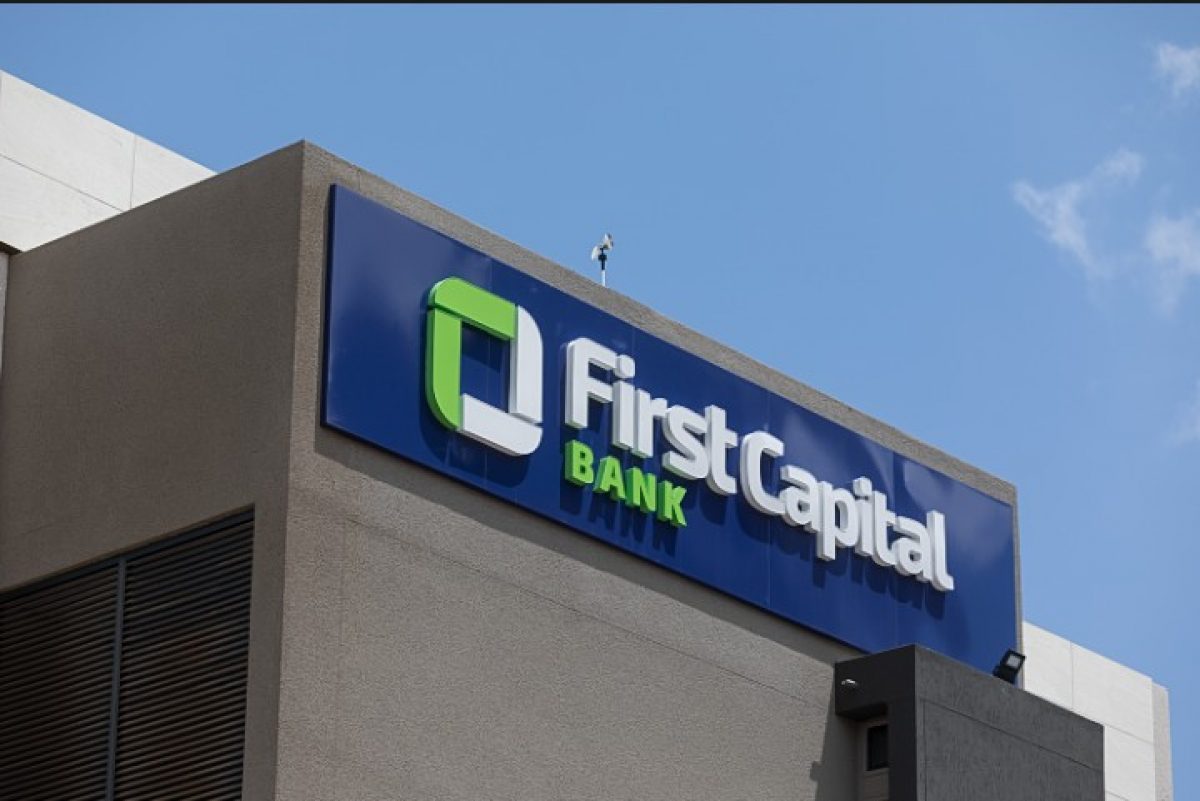FCB races to meet core capital requirement
FIRST Capital Bank (FCB) says it is financially sound with a capital adequacy of US$26 million as at December 2020 against the regulatory requirement of US$30 million by the end of this year.
In its 2020 annual report, the financial institution said this was achieved through the application of strategic management practices which respond to the prevailing economic dynamics.
“The bank closed the year on a strong capital and liquidity base, with total capital adequacy ratio of 29 percent (regulatory minimum 12 percent) while liquidity ratio was 70 percent against regulatory minimum of 30 percent,” it said.
FCB said the strong base gives the business capacity to issue more loans in the future.
“Core capital is US$26 million at year end compared to a regulatory target of US$30 million required by 31 December 2021.
“Given the mix in the capital base between local and foreign currency denominated assets, the tracking towards the US$30 million target will be impacted by the volatility in the exchange rates and will demand that we build a capital buffer to protect against devaluation.
“The bank, however, is on track and confident in meeting this target,” it said.
During the period under review, FCB loan book continued to perform well with non-performing loans ratio of 0,16 percent compared to market average of 0,3 percent.
The financial institution said its clients in the tourism and other services sectors significantly affected by Covid-19 were on the watchlist and constitute five percent of the loan book. FCB also posted a solid performance during the year under review.
Operating profit excluding property gains was ZWL$606 million in inflation adjusted terms while in historical terms it was ZWL$785 million, translating to inflation adjusted earnings per share of ZWL$21,89 and historical cost ZWL$80,55.
The bank’s total deposits grew by 331 percent driven by a 298 percent growth in local currency deposits to ZWL$4 billion while foreign currency deposits grew by ZWL$3,7 billion.
“These local currency deposits were deployed into loans, which grew by 279 percent to ZWL$2,3 billion, a 63 percent loan to deposit ratio.
“Foreign currency loans declined in value due to the repayments of high value corporate loans held prior year, although volumes increased compared to prior year,” it said.
Cost to income ratio improved from 95 percent to 50 percent on the back of growth in income. Funded income grew by 695 percent driven by increase in loans and advances together with an improved loans yield.
“Improved economic confidence in the second half of 2020 saw transactional activity grow, which coupled with targeted price increases (due to inflationary pressure), saw increased fee and commission income.
“Operating costs increased on the back of inflation, exchange rate depreciation and Covid-19 related expenses,” said the financial institution.
The bank said it remains focused on efforts to contain the increase in costs. The increases in impairment charge is the result of exchange rate movement on foreign currency assets together with the growth in local currency loans.
On community empowerment initiatives, FCB said social investment programmes continue to be a key focus area with the main emphasis on empowering youth and where necessary making a donation or entering into strategic partnerships, which impact the wider community.
“During the year the bank donated half a million to Harare Institute of Technology towards Covid-19 project and continued to offer online business development skills to women,” it said.-chronicle.cl.zw











